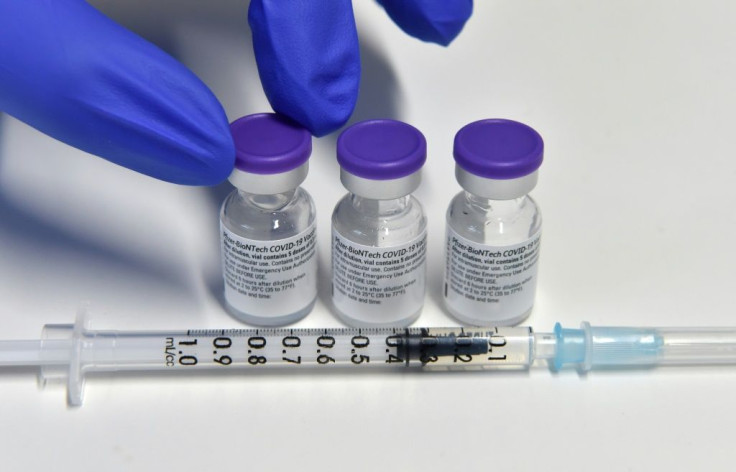In The US, Booster Shot Campaign Is Not A Smashing Success
Evidence shows that booster shots are the most effective way to protect people against COVID-19 and its variants, but that has not convinced the majority of people in the U.S. to get one.
According to the Centers for Disease Control and Prevention (CDC) data, as of Wednesday, 40.3% of U.S. residents have been fully vaccinated and received a booster shot. The CDC reports 53.2% of the population is eligible for a booster shot but has not yet received one.
The number of people in the U.S. who are fully vaccinated against COVID, having received at least one dose of J&J or two doses of the Moderna or Pfizer vaccine, is 63.5%.
The CDC’s data shows 75.7% (251,289,667) of people have received at least one dose of the vaccine. Last month, the Associated Press-NORC Center for Public Affairs Research conducted a poll that found 83% of adults reported having received one dose.
Speaking to the Associated Press, Jason Schwartz, a vaccine policy expert at Yale University, said it's “clear that the booster effort is falling short” in the U.S.

Any mandates that would help increase the number of vaccinations are being stalled or struck down, depending on state and federal courts. The Supreme Court already struck down the mandate for businesses with over 100 employees but kept the mandate for healthcare workers.
New Hampshire has the lowest percentage of people who have received booster shots at 18.7%. States like North Carolina, Alabama, Georgia, Texas and Mississippi join New Hampshire as the states in the U.S. with the lowest rates of booster shots.
Vermont has the highest rate of booster vaccination at 56.3%. California has 41.1% of its population boosted while New York is at 39.7%, Florida is at 36.6% and Washington, D.C. is at 32%.
A vaccination campaign has been ongoing in the U.S. since the Food and Drug Administration first authorized the Pfizer vaccine doses in December 2020 and a mass vaccination campaign began in early 2021.
According to data from Johns Hopkins University, the U.S. sits at No. 58 in the world in terms of the percentage of the total population fully vaccinated, which is still above the world average. The world average, according to Johns Hopkins, sits at 52.83%.
© Copyright IBTimes 2025. All rights reserved.






















